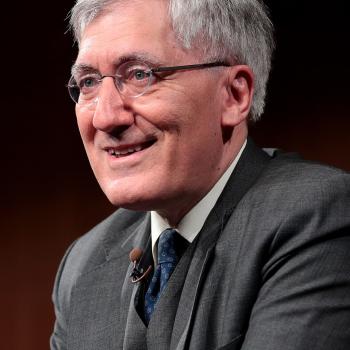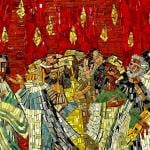In the movie “The Curious Case of Benjamin Button,” the protagonist befriends an African pygmy who says that he was once exhibited in a zoo. That is an allusion to something that actually happened to a pygmy named Ota Benga. In 1906, he was put in a cage in the monkey house at the Bronx Zoo. This was the bright idea of the distinguished conservationist and naturalist William Temple Hornaday. He was the great-great-great-uncle of Washington Post journalist Ann Hornaday, who writes about her relative and the sad story of Ota Benga in A Critical Connection to the Curious Case of Ota Benga. In the course of her account, she reminds us that Darwinism is not just a scientific account of the origin of species, but that it has profound worldview and ethical consequences:
It was most likely in the spirit of both Barnum and Darwin that Temple hit on the disastrous idea of putting Benga in the cage. The display, marketed with the right mix of sensationalism and pseudoscientific pretense, would have the double benefit of bringing in throngs of visitors to the zoo and advancing Darwin’s theories, with Benga cast as the missing link. Ironically, it was on both those counts that black church leaders expressed outrage upon hearing of Benga’s captivity. “Our race, we think, is depressed enough without exhibiting one of us with the apes,” one minister wrote to New York’s mayor, George McClellan (son of the Civil War general). Furthermore, he added, “the Darwinian theory is absolutely opposed to Christianity, and a public demonstration in its favor should not be permitted.”












